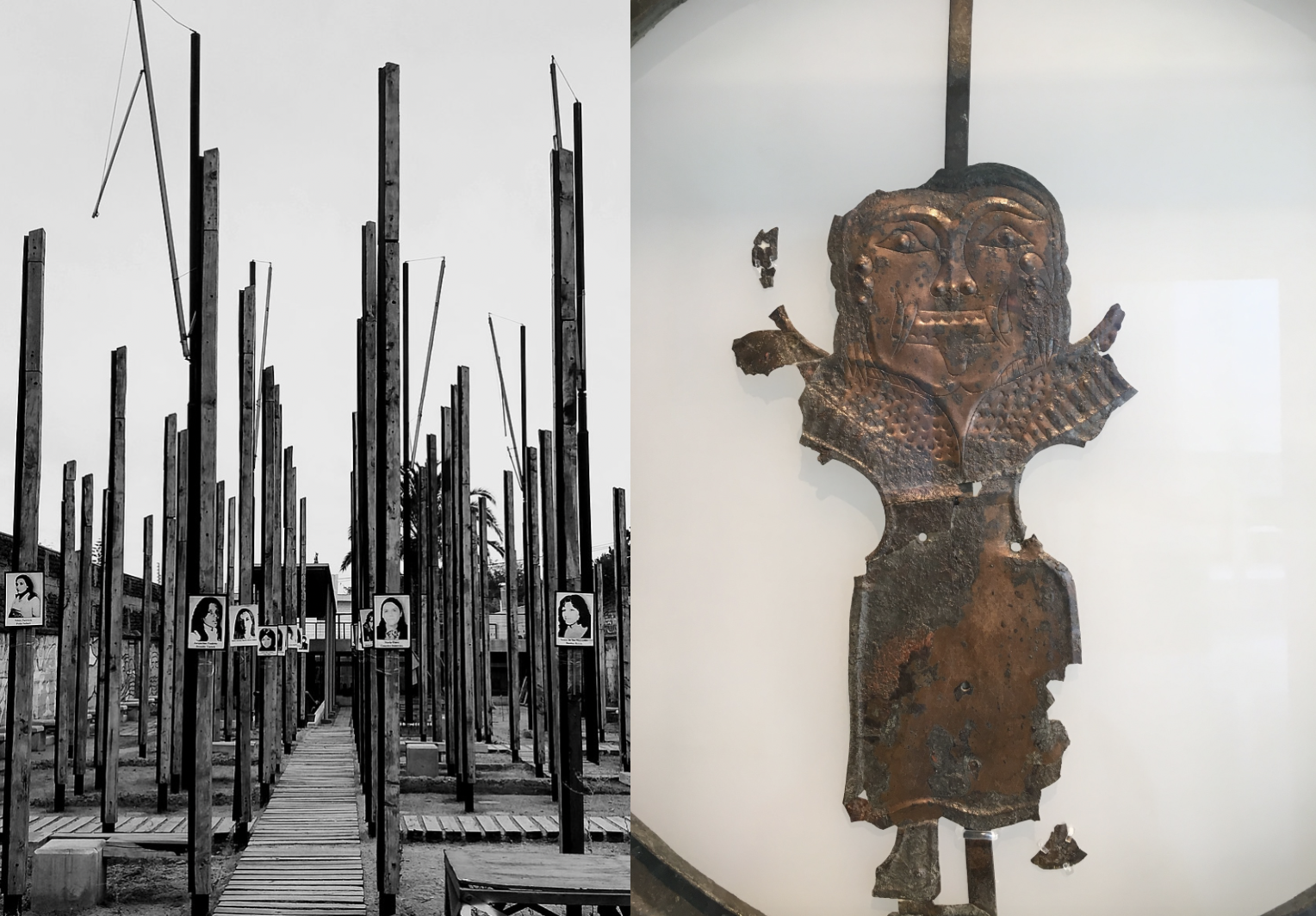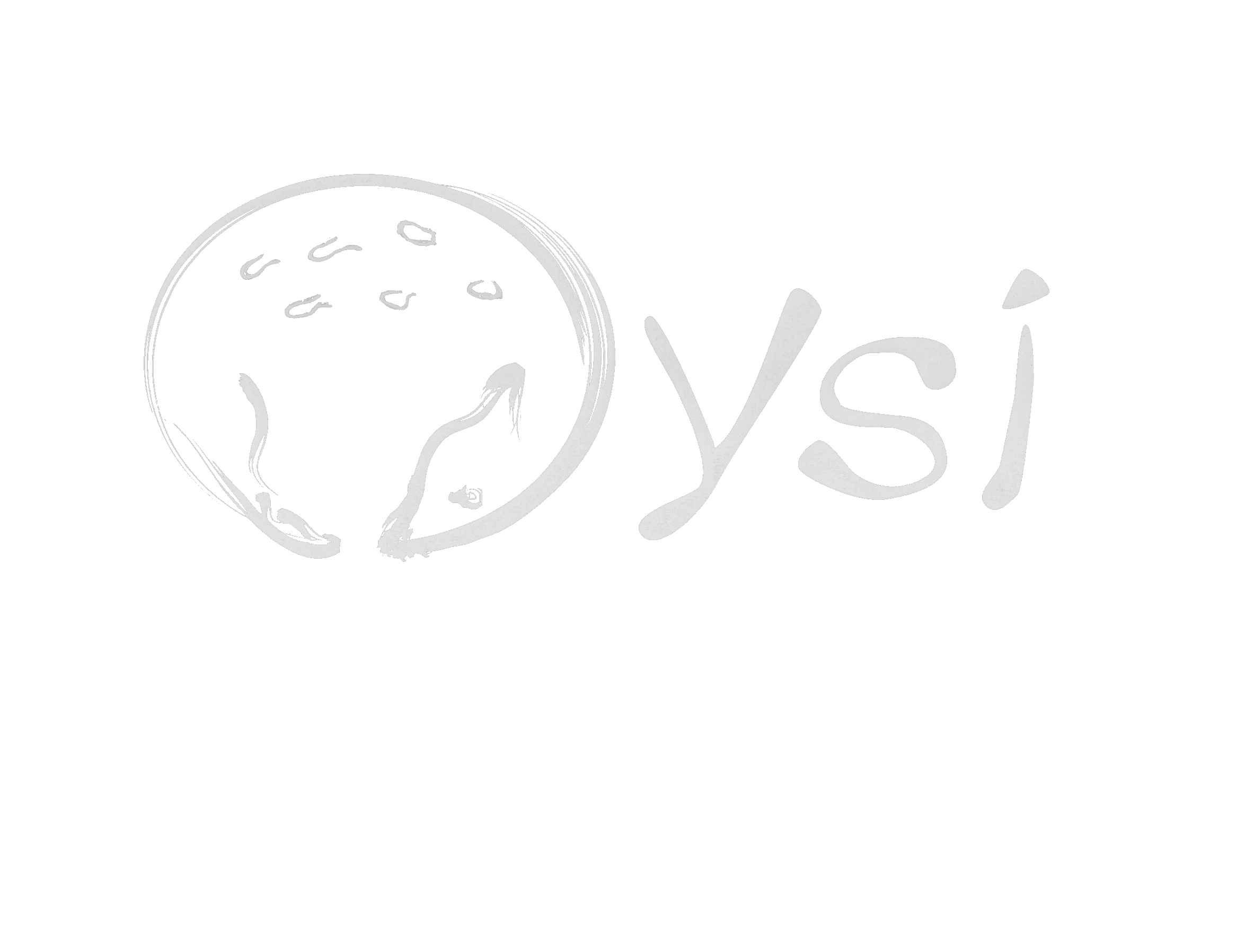Gods and demigods Trialog
Posted by studio@ceciliavicuna.com on March 01, 2024 in
Gods and demigods Trialog
February, 26, 2024 London

Joh: I was listening to the secret history of the world about the Titans and the Greek galaxies and the wars when the gods were beginning to intermingle with human forms. I've always been intrigued by the Greek idea of the galaxies and stars doing battle in the transition period, when some of the gods were coveting and having sex with some of the women on earth and they were creating demigods. And there was a period of the commingling of god and humans-- some of the heroes, the early heroes even in other cultures, like Gilgamesh, are part godlike. And at the same time or on another part of the walk yesterday, I was listening to the audiobook named First Thought, Best Thought by Allen Ginsberg, Anne Waldman, William Burroughs, and Diane di Prima. Do you know of this book?
cec: I know about it but never read it fully.
Joh: Well, it is, to me, a completely comprehensible encyclopedia in one short volume from Ginsberg on the different poetic rhythms. I forget the names of them, but the various techniques of rhythm that various writers have used and how it connects to the breath and the heartbeat and how line breaks and placing on the page becomes part of-- I don't know if you call it the prosody or the structure of the poem. But anyway, I was listening to-- how those two things were fitting together. Why did they come to me and why was I listening to them together? I was recalling the double-slit quantum experiments that highlight the effect of participation in the creation of matter by the observer. And thinking of particularly what Ginsberg was saying about the creation of forms and how, as the poetic world in a certain era was paying attention to certain aspects of the footing or the rhythm of a poem, that many poets were following that same thing, and then they would follow a different thing. And then different poets would follow different methods of putting the pauses into the page and creating a rhythm of some sort and then writing several poems, many poems from that perspective. Ginsberg gave full weight to the individuals capacity to participate in the creativity of the universe, and I was thinking of how if you take, which I do, take literally the participatory universe; that we come together across time and space creating hard matter out of more fluid elements.
During this transition period when gods intermingle with humans, form and material reality are still in a state of flux. It is only later that our bodies and bones harden, to close off those galactic energies/influences and we move to reliance on logic, linearity and the material world. It feels like back tracking the evolution of fish from a jellyfish to a fish that swims or to fish that walk on earth. Perhaps you could track where the deer came from, from the fish to the deer that's walking on land. That as we contemplate certain material realities that are coming into being, moving from a more liquid or malleable base toward a more solid form, that we're creating some meaning of meaning in the form of hardscape, of a table, a chair, whatever that we've all agreed over a period of time that that's a chair, that's a table, that's a horse, that's a dog, and it is created by the collective agreement on what we think a dog is.
And there was an earlier time when it wasn't that clear. There was an earlier time when things were more fluid. And I'm thinking of the galaxies and the creation of humans on earth, and the early Greek stories of implanting the god in a certain place, of the goddess hiding Jupiter in a cave in Crete and how these mythical stories begin to gel. And like part of what I get from Amber Jacobs is how she moves back from the hardscape of the current description of a Greek god in time and moves it backward to before that, into the more malleable, potential of open formlessness; from form, backward, reverse engineering into formless, formless! as a way of entering into the origin, for instance, of Metis. Metis is thought of as a character, a woman, a goddess, but going back, it becomes more malleable into an energy that is shared across the board by humans, animals, everything, where Metis is the capacity of the octopus to change shape and cover himself in sand to hide, to all of the strategies that then come out with Ulysses and so forth.
If we look at the internet. I'm of a mindset when I'm using these AI sources to look for the malleability and the early appearance of form, I want to find any kind of written resource for that, but I'm looking for that not as, "Here's hard evidence, but here is a tracing of a step that came from not-so-hard evidence to more hard evidence," and how do we uncover the traces? We're doing tracking; tracking the animal when you can-- the rain washed out, but there's the footprint in the sand. You can see it, and you can see it starting to come out.
Since you are in London now, revisiting your life there in the 70's, I see the odd thing
in my approach searching for the basis for the betrayal that you felt back then, of England against Artists For Democracy and against you personally and all of that, that the traces of that come from the British hatred of the idea of unity, of solidarity, and the beauty of what you saw in the Allende period, which was just the outcropping of an energy that had long been there before and was coming out and being honored by Allende and his followers. And there was the entire Chilean, Argentinian universe participating in a reality that was so vivid to you that it's implanted deeply into your body psyche and wants expression from you and gets expression from you over the 45 years of whatever you're doing to bring forth that energy that doesn't want to be erased. The powers want to erase the traces of the beauty of that energy. That's part of the crime scene of killing off the mother, the matricide, is you kill the mother, you chop her into pieces, you put her all over the universe, and hide her in different places and different tombs to clean the crime scene of any fingerprints or DNA or any possibility. And there is the desaparecidos and all of that kind of erasure and dropping the bodies into the Atacama and into the ocean and making the bodies disappear so that they can't be mourned, and we can't integrate that reality into our lives. Were cut off from the integration of the truth of what was there before the crime, the heinous crime of killing the mother and cutting her up and throwing her all over the universe and hiding her.
And that breach, that attempt to keep us from remembering her like me trying to remember my mother in the symbiotic moment of the beauty of what we had and how hard it was for me to trace back into the reality of what's embedded in my body, like in your body is the body memory of the universe that you felt in the unity that you grew up with in Chile, before the coup, that like the mother, like Nammu, never heard of again after 3,000 BC. It's like she didn't exist, so how could we have murdered her? Because you can't find any evidence. You can't find the bodies. You can't find the smoking gun.
We committed this horrible crime of separating you from who you are, but you're not going to find anything in the crime scene because we cleaned it so you can't find a trace, a fingerprint, or a DNA strand or anything to prove that she ever existed, so how could we have killed her?
Amber Jacobs wrote about the inability to mourn, that prevents us from integrating the previous potential within the confines of the structure of the material world.
cec: That is the key of the denial, the will to stop us from integrating the qualities of that era, the beauty of those who gave their lives for the well being of all. That was the world before the desaparecidos.
Joh: I'm stopping now.
cec: But there's one more story, I was with my London publisher, and he invited me to a meeting where directors of art institutions here in London were going to meet to discuss the silence around Gaza. And he suddenly said, "Would you like to come with me?" And I said, "Well, I'd love to come with you." And then he said, "But I don't know if I can get you in." So of course, after that, I didn't go. But I said to him, "Look, you know how Artists for Democracy began, [in London, l974] it began because I was part of the audience in an event [at the ICA] where I had not been invited to speak. And I suddenly stood up, completely uninvited, and I said in the middle of a discussion about money and art galleries: 'What are we going to do about the murdered artists in Chile?'" That's what I said.
And so I said to him, "That's what you have to do." Somebody has to stand up and say, "What are we going to do about all the murdered artists in Palestine?" And it's like he had seen the light. And I said, "Just speak from the heart. That's all we can do." And I hear you, and you're speaking from such depth,. It is so beautiful to hear you speak like that. It's the most beautiful thing in the world. And I'm so happy that you have recorded it because this is our legacy, our testament. It is these recordings where you speak with your soul, and every word that you say applies to human history, whether it is 5,000 years ago, whether it is Allende, or whether it is now in Gaza. This is the phrase most tremendous: there's no proof that she ever existed, so how could we have killed her? That's what it is. There's no proof that these guys are murdering newborn babies. How could they have murdered babies? Newborn babies by the dozens, by the thousands. It's just so unbelievable that it's exactly the same thing. And there's no other person that says it like you do, my darling. It is a wonderment to hear you.
It is the painful, brutal truth. And we will do whatever we can to transmit this.

